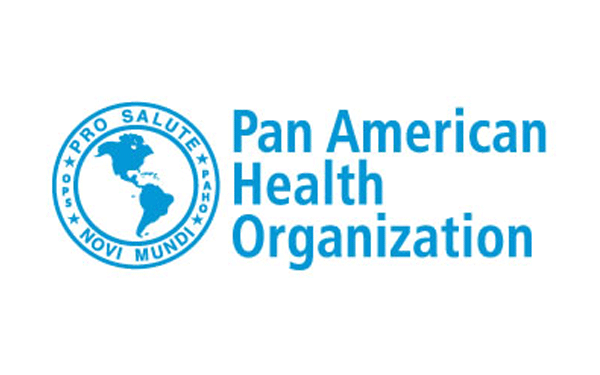DATE: 7 March TIME: 11:00 a.m.
VENUE: ACCRA Beach Hotel – Barbados
Rockley, Bridgetown, Barbados
LINK: https://paho-org.zoom.us/webinar/register/WN_rRjSFqdbR0q55JqOCxHEQw
Background
The UN Agencies in the Eastern Caribbean have joined efforts and work collaboratively to support countries to tackle vaccine hesitancy related to COVID-19.
From October 2021 to January 2022, the PAHO/WHO and ITU in collaboration with DIGICEL launched a public health communication initiative leveraging mobile networks to deliver relevant and reliable health information directly to customers phones. The campaign to disseminate practical information about COVID-19 prevention, COVID-19 vaccines, and recommended health safety measures targeted three countries namely Antigua and Barbuda, Grenada, and St. Lucia.
During this press conference, we will share the results of these efforts, and brief on the UN Vaccine Hesitancy project as well as some reflections on how mobile health solutions can be further leveraged to address infodemic misinformation and disinformation and help achieve better health outcomes for the people of the Caribbean.
Vaccine hesitancy refers to delay in acceptance or refusal of vaccination despite availability of vaccination services. Vaccine hesitancy is complex and context specific, varying across time, place, and vaccines. It is influenced by factors such as complacency, convenience, confidence, and information.
Evidence from the behavioural, psychological, and social sciences demonstrates that people’s motivations—their readiness, willingness, intention, or hesitancy—are informed by the information they process; by how they think and feel (their perceived risk, worry, confidence, trust, and safety concerns); and by social processes (recommendations from health care providers, social norms, gender norms, equity), and information processing and sharing.
Lack of access to timely and reliable information can have a profound negative impact on people’s behaviours and can exacerbate health risks.
Within the Caribbean, people have been affected by a wave of mis-/dis-information about COVID-19 The information ‘noise’ created by the infodemic has also drawn attention away from many other major public health concerns (including noncommunicable diseases and mental health), placing people at greater risk of developing health-harming habits (smoking, harmful use of alcohol, sedentary lifestyle, unhealthy diets, etc.).
1 Since the approval of COVID-19 vaccines for emergency use and with the arrival of vaccines via the COVAX Facility; Barbados and the Eastern Caribbean countries have been rolling out COVID-19 vaccines since March 2021. However, after initial strong uptake, the countries have been experiencing delay in acceptance or refusal of vaccines despite availability of vaccine services.
A primary concern of health experts and governments related to the low public acceptance of a COVID19 vaccine, is the impact of the health system. Over the past month, infections increased in Barbados and the Eastern Caribbean and there has been a significant spike in hospitalizations and deaths is some countries.
Agenda
Moderator: Ms. Marsha Lewis
Time
Activity
Speaker
11:00
Welcome
Moderator
11:05
Addressing vaccine hesitancy, and the UN
Initiative
Mr. Didier Trebucq UN Resident Coordinator
11:10
Moving from pandemic to recovery, the value of vaccination.
Dr. Yitades Gebre
PAHO/WHO Representative for
Barbados and the ECC
11:15
Mobile Health Solutions in addressing vaccine hesitancy
Cleveland Thomas
ITU Area representative, Caribbean Countries
11:20 Digital Technology and Reach of Campaign
Messages
Mark Corrigan
General Manager
Trend Media Group / Digicel
11:25
The COVID-19 vaccine roll – out experience of Antigua and Barbuda
Minister of Health Wellness and the
Environment
The Hon. Molwyn Joseph TBD
11:30
Preview of the New Materials
Dr. Darlene Omeir
Family and Community Health Advisor
PAHO/WHO Office for Barbados ECC
11:45-12:00
Moderated discussion
Moderator









